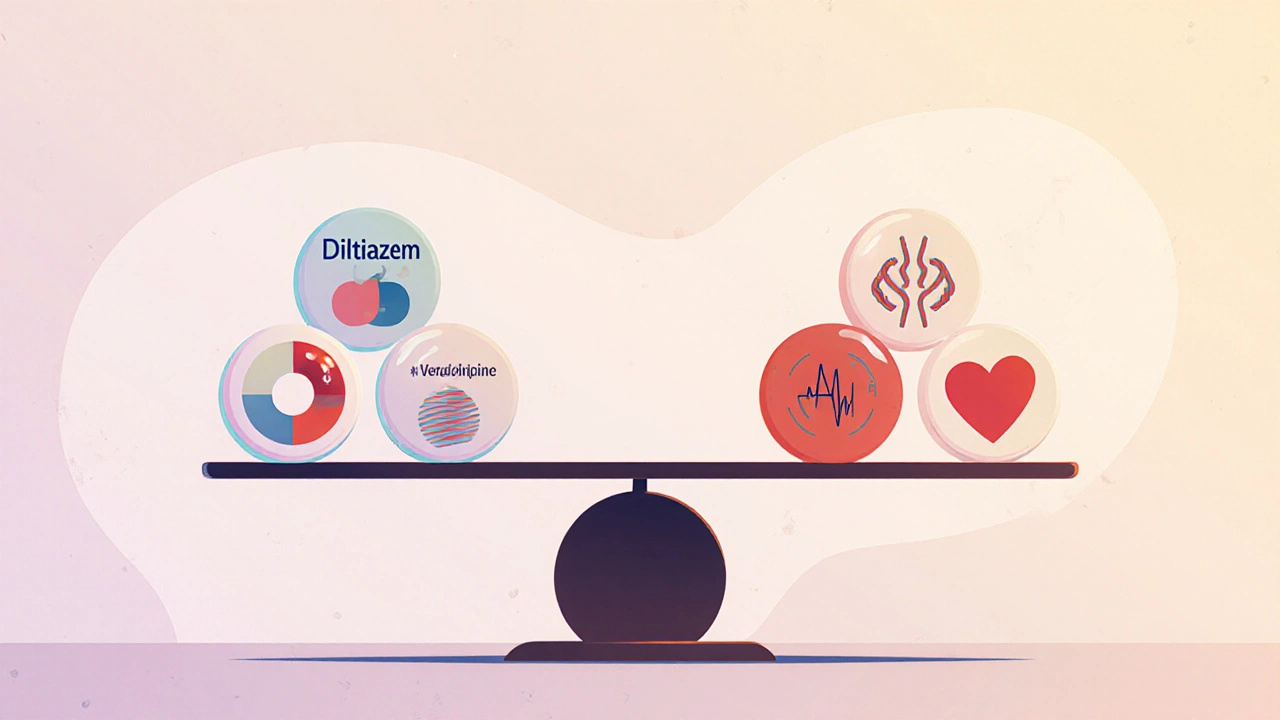Angina Treatment: What Works, What to Avoid, and How to Stay Safe
When your chest feels tight, heavy, or like someone is squeezing it, especially during activity or stress, you might be dealing with angina, chest pain caused by reduced blood flow to the heart muscle, often due to narrowed arteries. It’s not a heart attack, but it’s your heart’s way of screaming for help—something’s wrong with its oxygen supply. Angina is a symptom, not a disease, and it usually points to coronary artery disease, a condition where plaque builds up in the arteries that feed your heart. Left untreated, it can lead to worse problems, but with the right treatment, most people live full, active lives.
The go-to fix for angina is often nitroglycerin, a fast-acting medication that relaxes blood vessels and boosts blood flow to the heart. A tiny tablet under the tongue or a spray can ease symptoms in minutes. But it’s not a cure. Long-term control usually means daily meds like beta blockers, drugs that slow your heart rate and lower blood pressure, reducing the heart’s workload, or calcium channel blockers, which relax artery walls and improve blood flow. Some people need both. The key is finding the right mix for your body—what works for one person might cause dizziness or fatigue in another.
What you avoid matters just as much as what you take. Smoking, heavy meals, extreme cold, and stress can all trigger angina. Even grapefruit juice—yes, the same stuff that messes with statins—can interfere with some heart meds. And don’t ignore the small stuff: skipping doses, not tracking symptoms, or thinking "it’s just indigestion" can lead to surprises. People who manage angina well keep a symptom diary, know their limits, and talk to their doctor before starting any new supplement or over-the-counter pill. You’d be surprised how many herbal products and pain relievers can make angina worse.
Below, you’ll find real-world guides on how medications interact, what side effects to watch for, and how to avoid dangerous combinations—like mixing certain drugs that raise your risk of muscle damage or bleeding. These aren’t theory pieces. They’re written by people who’ve seen the fallout when treatment isn’t managed right. Whether you’re newly diagnosed, helping a loved one, or just trying to understand why your doctor changed your script, this collection gives you the facts you need to stay in control—and stay safe.
Compare Diltiazem HCL with top calcium channel blocker alternatives like Amlodipine, Verapamil, and Nifedipine. Learn which works best for high blood pressure, angina, and side effect profiles.
Nov, 18 2025

